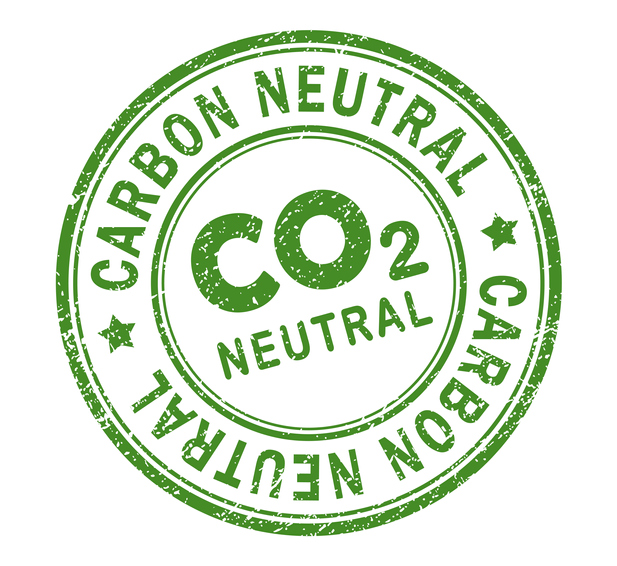Brazil’s Petrobras introduced its carbon-neutral gasoline, Petrobras Podium, designed to counterbalance its greenhouse gas emissions.
How? Through forest conservation projects within Brazil.
Initially created in 2002, Petrobras Podium has evolved. This high-grade fuel has the lowest sulfur content on the market.
It also boasts the highest factory octane level. Consequently, it boosts vehicle performance and lessens greenhouse gas release.
To earn the carbon-neutral label, Petrobras used Life Cycle Assessment methods. This measures all emissions from production to end-use.
So, Podium’s emissions will be offset before reaching consumers.

Produced in Cubatão, São Paulo, the fuel is exclusive. You’ll find it only at specific Petrobras stations in major cities.
The carbon market plays a role here. This market trades carbon credits, which offset emissions. Companies buy these credits to balance out their own emissions.
Strengthening the carbon market is key, say environmentalists. It helps fight global warming.
This is in line with the Paris Agreement, signed by almost 200 countries, including Brazil. The agreement aims to cut down greenhouse gas emissions globally.
Background
Climate change is a global concern, and the transport sector is a big contributor. So, Petrobras Podium offers a promising solution.
However, it’s essential to consider its actual impact.
Carbon offsetting through forest conservation is beneficial. Still, experts often question its long-term effectiveness.
Is it a sustainable approach or a short-term fix? That’s a subject of ongoing debate.
Also, the fuel’s exclusivity raises questions. If it’s only available at specific stations, can it make a significant
impact? Wide availability could make a real difference.
Moreover, the carbon market’s role is worth noting. It provides a way for companies to offset emissions.
Yet, its effectiveness in truly reducing global emissions remains under scrutiny.

